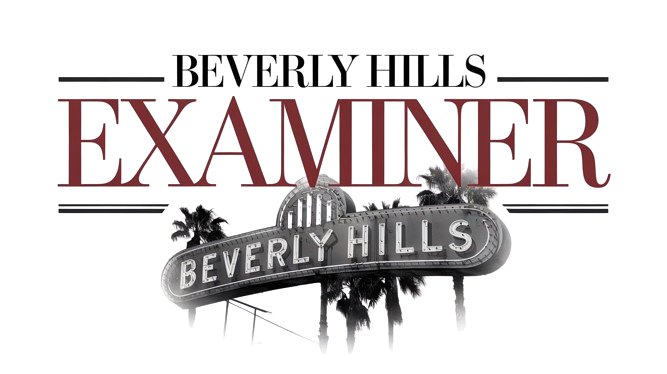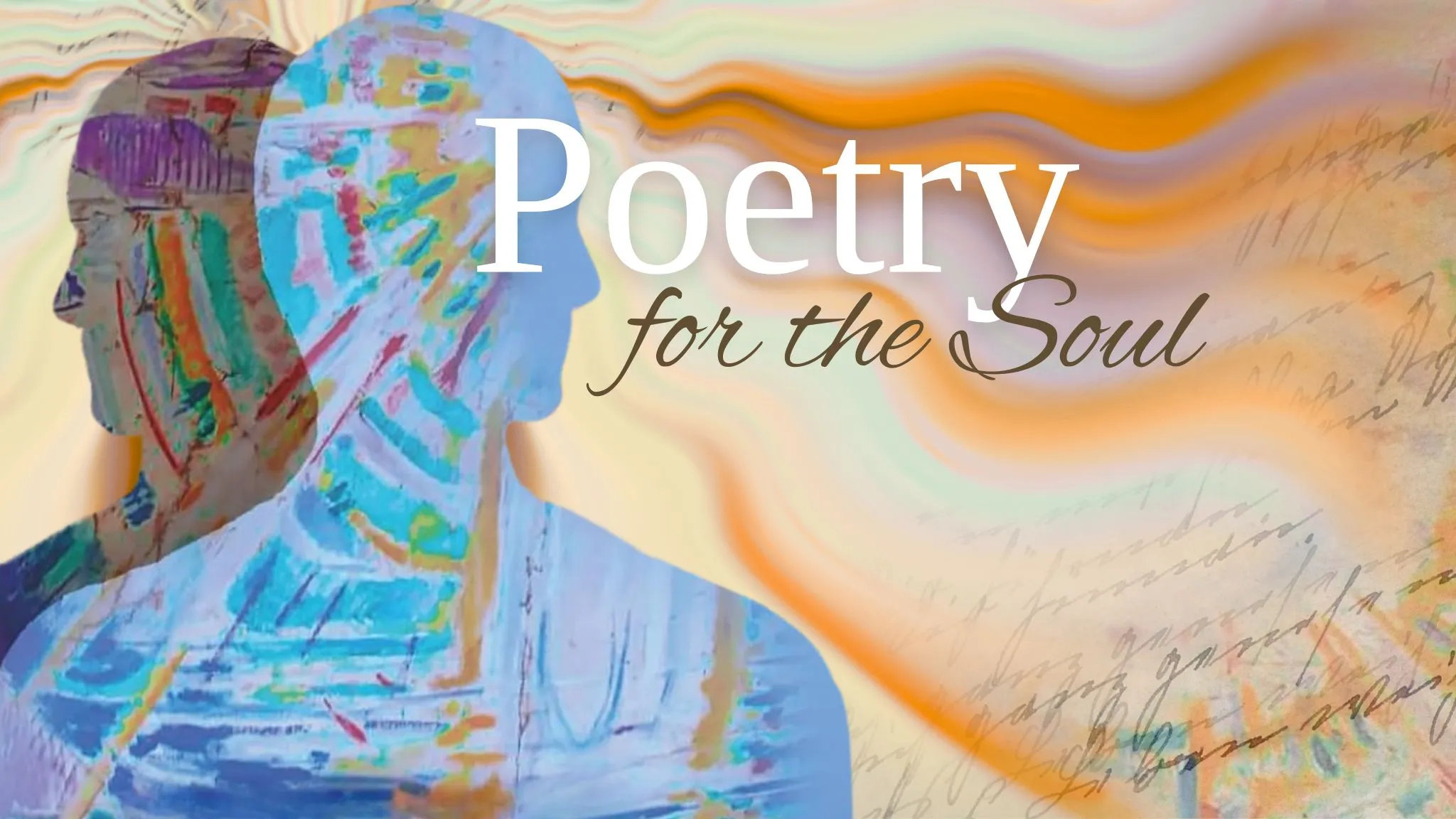Imagine the hush of dawn, when the world still speaks in quiet whispers — and poetry becomes the vessel for that inner conversation. These seven varied works are united by a shared purpose: to guide readers inward, toward reflection on identity, impermanence, suffering and spiritual awakening.
Each volume offers a distinctive approach to philosophical inquiry. Some unfold through allegory and metaphor, others through lyric minimalism or formal meditation. Yet all share a commitment to examining consciousness and emotion with clarity and depth. These are not poetry collections merely to read; they are spaces to pause within, to revisit, to inhabit.
You won’t find tidy moral resolutions here, but you will encounter poignant honesty and reflective logic. Together, these works form a thoughtful anthology for readers drawn to introspective poetry — poems that encourage reflection, reward rereading and stay with the soul long after the final page.
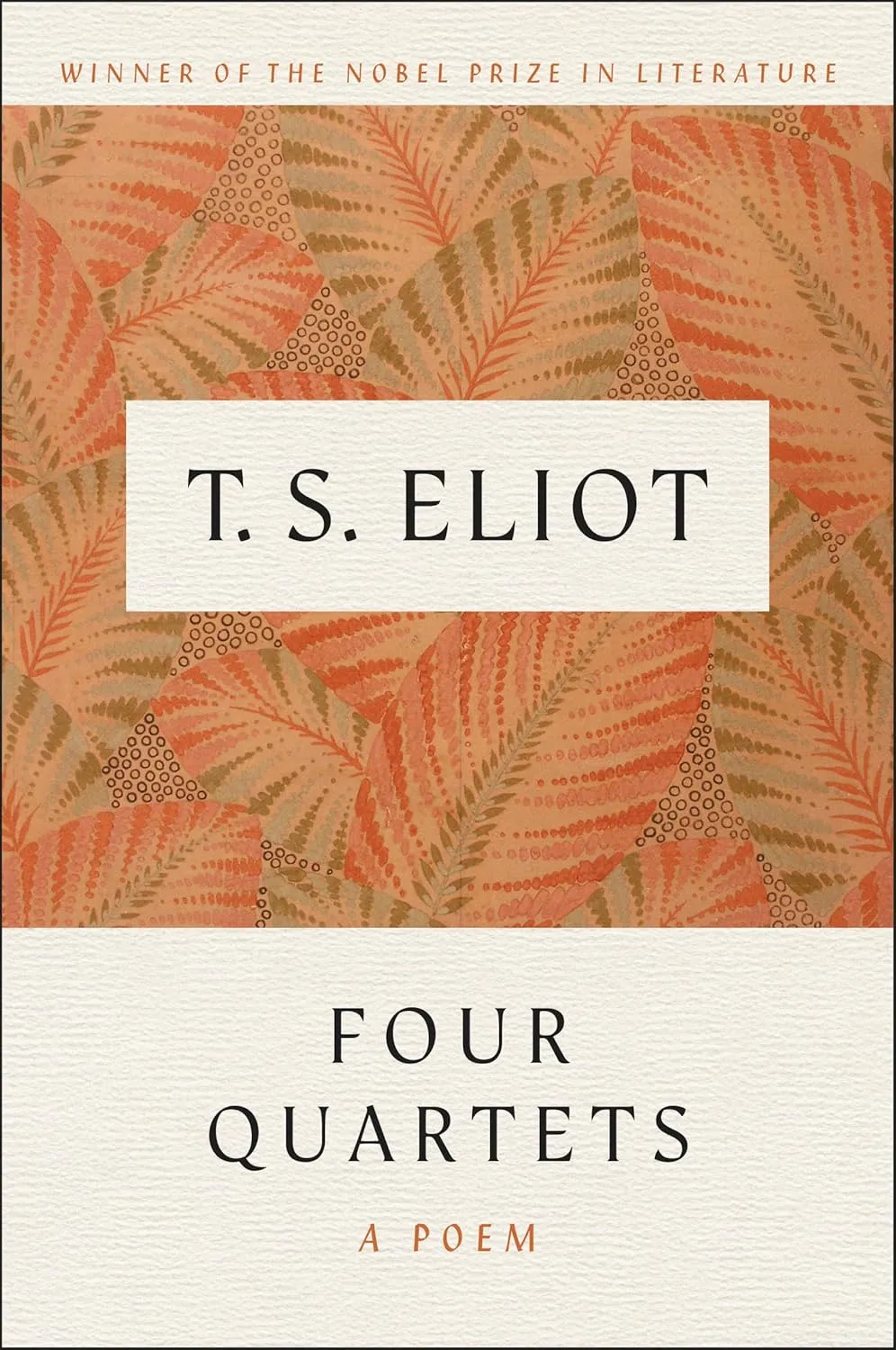
Four Quartets by T. S. Eliot
This quartet of extended meditations, each named for a place, examines time, memory and spiritual renewal through five interwoven movements. Eliot — one of the foremost figures in modern poetry — probes the cyclical nature of experience, the convergence of past, present and future and the possibility of transcendence through mindfulness. Symbols like gardens, rivers and fire recur with shifting significance, evoking both destruction and harmony. Language is elegant and contemplative, structured with musical motifs that mirror thematic repetition. The work asks how poetry can articulate the sacred in the temporal world, offering philosophical inquiry and deep stillness to readers attuned to spiritual paradox.
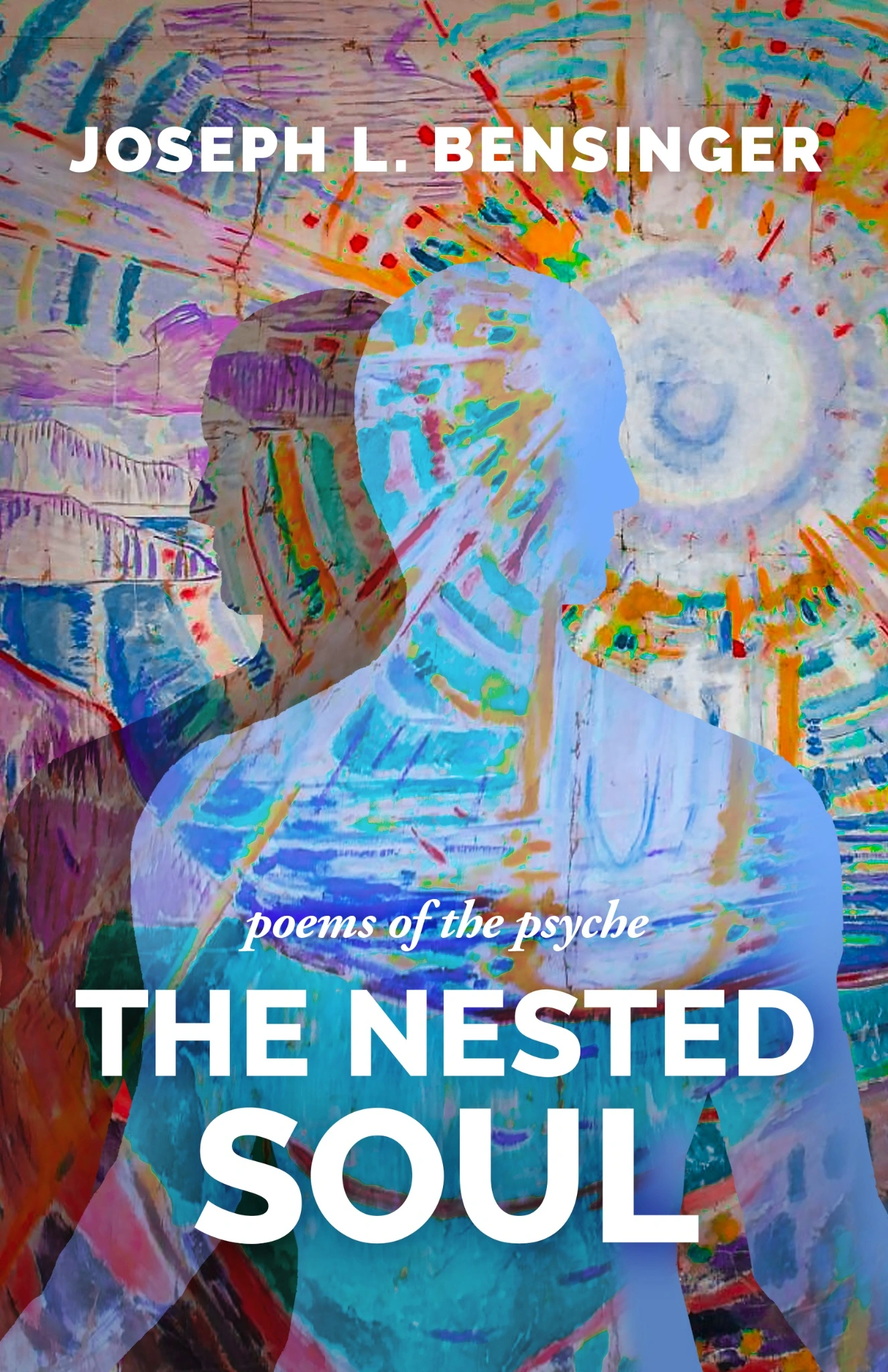
The Nested Soul by Joseph L. Bensinger
This collection unfolds as a poetic “journey of ideas” infused with vivid imagery and the musicality of language, offering a meditative reflection that lingers well beyond the final page. Bensinger frames metaphysical inquiry and scientific thought through spiritual traditions, recontextualizing them via imagery drawn from sunrise, gardens, oceans and biblical narratives like the Garden of Eden and the Tower of Babel. This seamless weaving of vivid imagery, metaphysical insight and scientific metaphor invites deep meditation on consciousness and the soul’s cyclical journey, offering a lyrical portal into philosophical self‑reflection. (Check out the BookTrib review.)
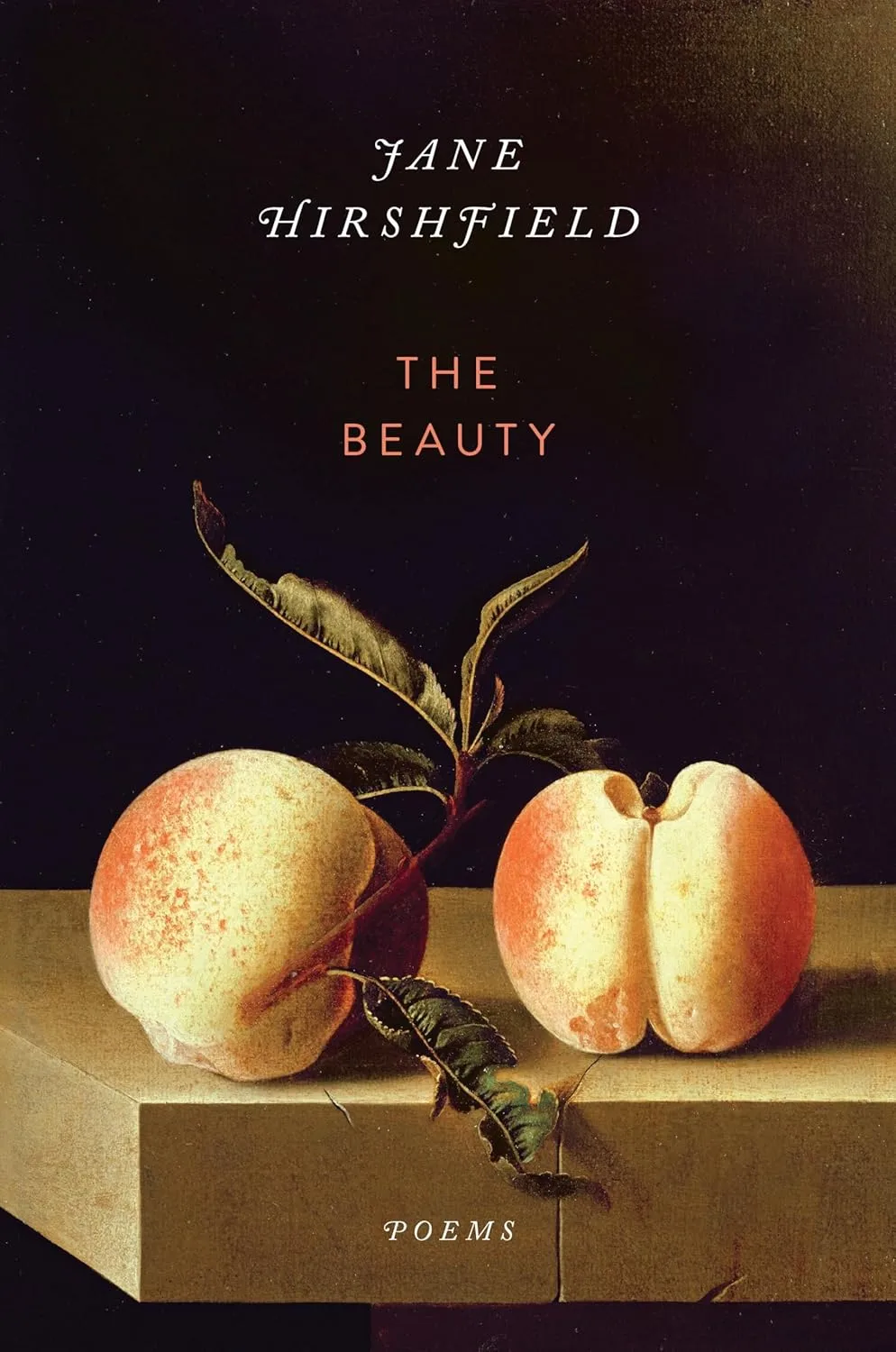
The Beauty: Poems by Jane Hirshfield
Hirshfield’s collection uses everyday images — animals, rooms, gestures — as philosophical entry points into presence, impermanence and being. The poems are accessible yet deep, meditative yet grounded, exploring how small details illuminate larger truths. Through careful observation and restraint, each piece becomes a reflection on loss, identity and interconnectedness. The tone is gentle and observational, inviting readers to linger. With an emphasis on compassion, wonder and quiet acceptance, the book cultivates spiritual insight in everyday life.
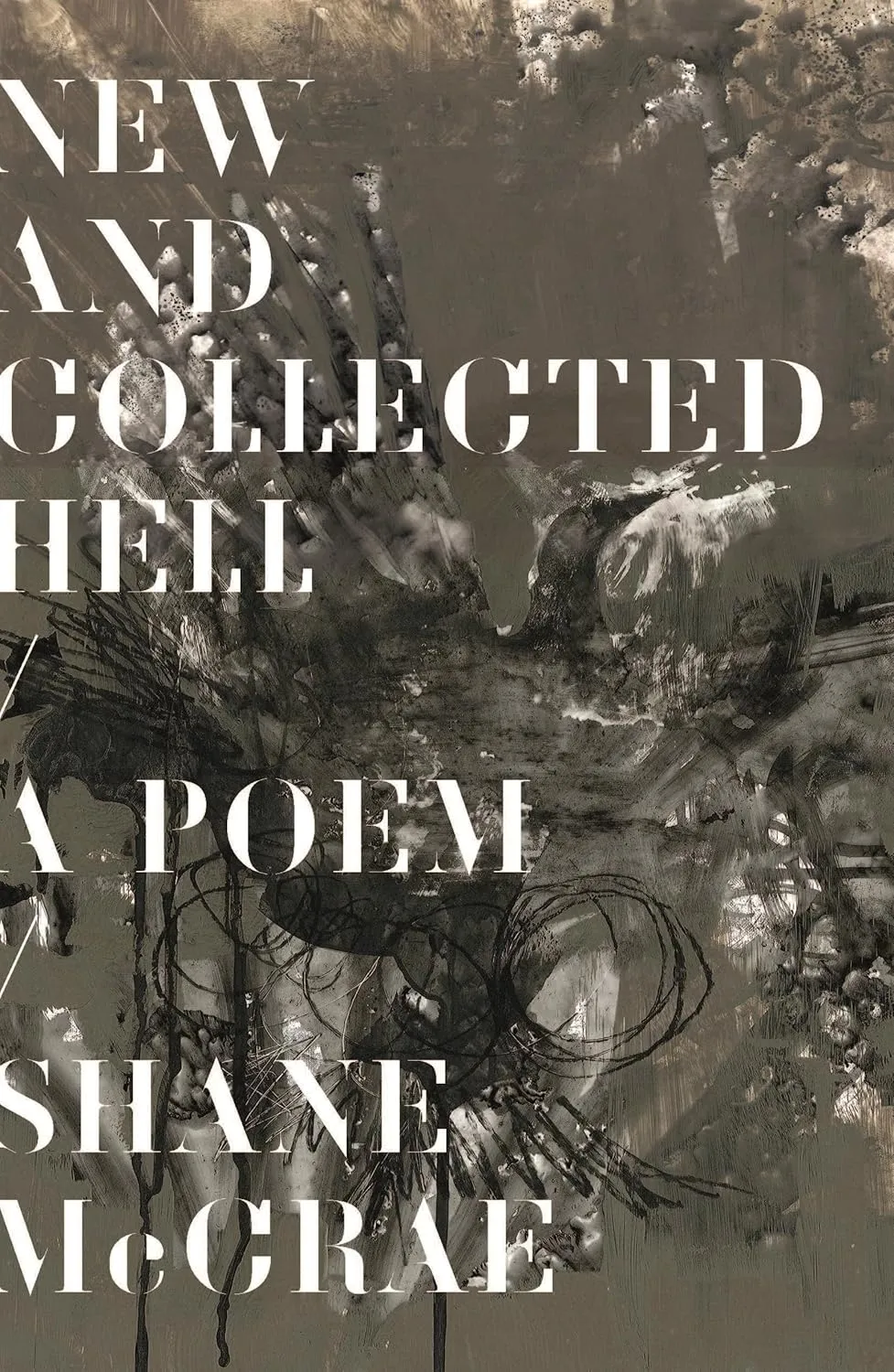
New and Collected Hell by Shane McCrae
This book‑length poem reimagines Dante’s Hell through a contemporary lens: Hell becomes a bureaucratic maze populated by robotic guides, corporate tropes and surreal suffering. The poet’s persona negotiates institutional torment and systemic injustice in an allegory of racial and metaphysical reckoning. The tone is both unsettlingly modern and mythic, as McCrae explores alienation and endurance amid psychic and societal anguish. By collapsing personal trauma into larger cultural critique, the work challenges readers to consider how the soul persists under oppression and whether inner transcendence is possible in even the most oppressive structures.
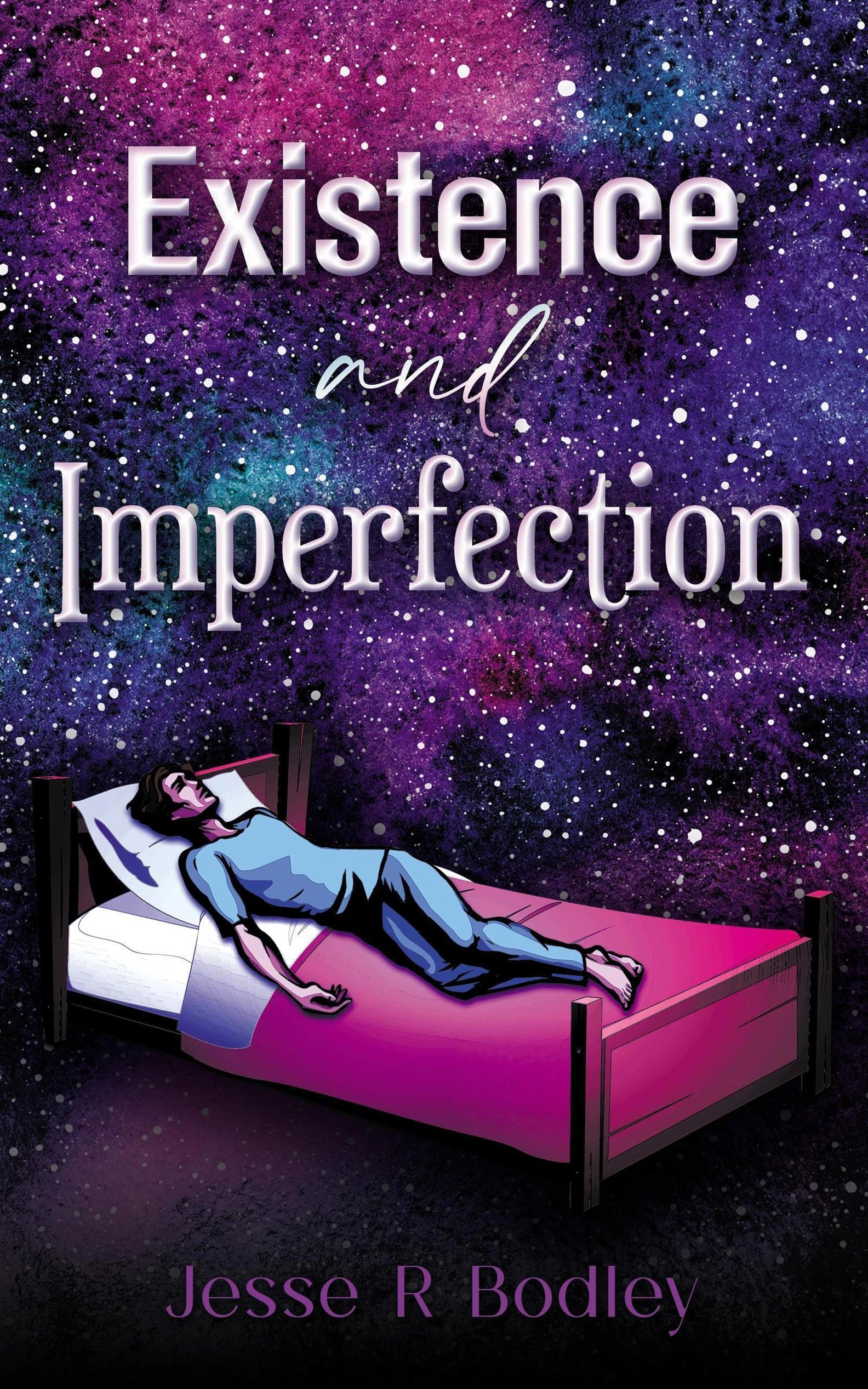
Existence and Imperfection by Jesse Bodley
In stark, honest verse, this collection confronts existential uncertainty and the impermanence of consciousness. The poems do not shy away from trauma — human or cosmic — but instead frame suffering as an inherent condition. The tone is often somber and surreal, shifting between confession and speculative imagery in a style that resists resolution. Bodley explores how imperfection and existential pain shape inner life, asking readers to witness the raw architecture of being. The effect is unflinching yet probing: a poetic excavation of identity filtered through loss, pain and philosophical inquiry. (Check out the BookTrib review.)
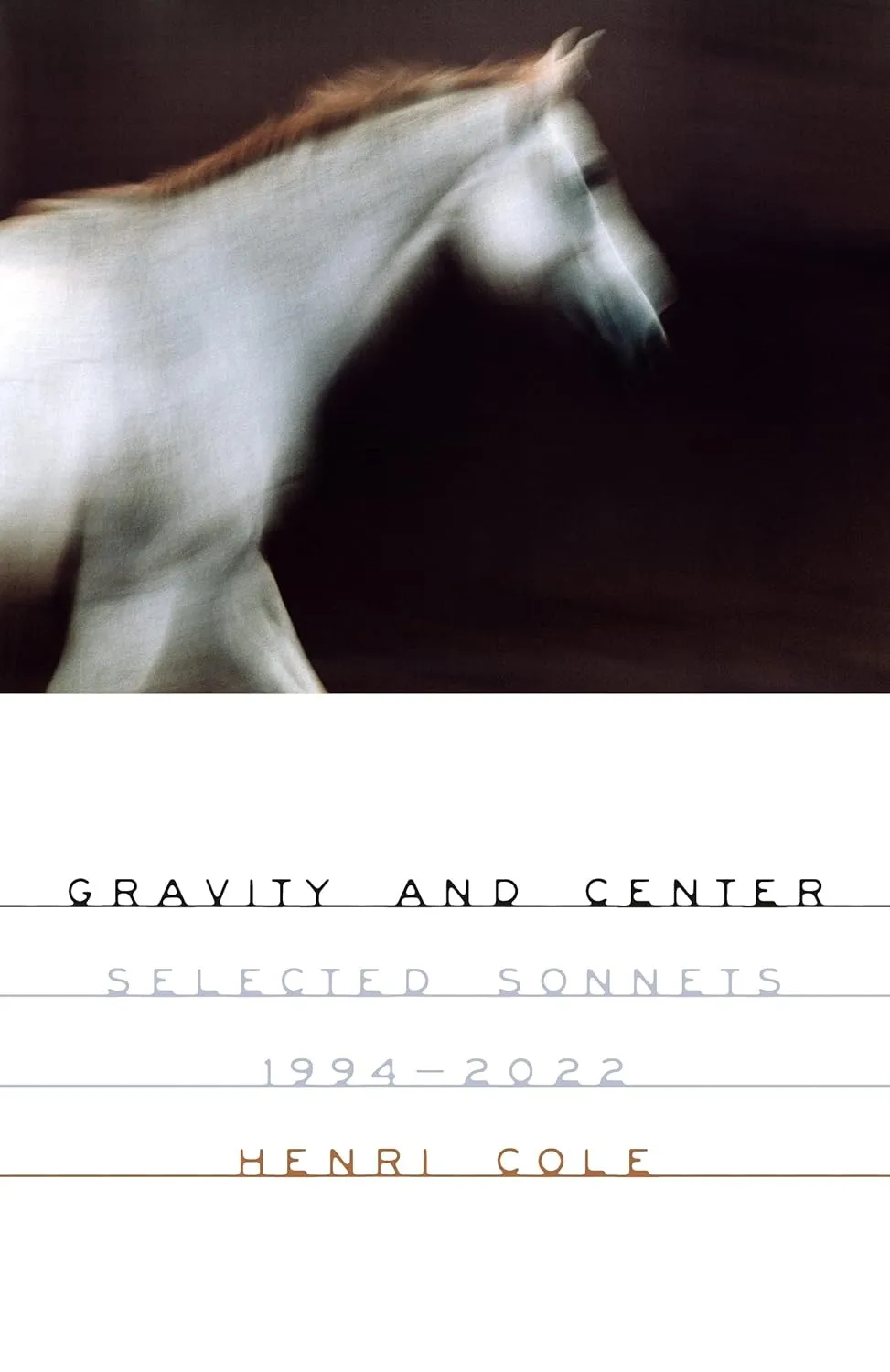
Gravity and Center by Henri Cole
A wide-ranging selection of sonnets that trace themes of desire, loss, identity and emotional gravity over decades. Inspired in part by Japanese poetic restraint and Buddhist attentiveness, the language is plain but deeply felt. Each sonnet functions as a small meditation on inner tension — between attraction and repulsion, memory and longing, self and other. Cole brings formal rigor to plain speech, creating a reflective voice that seeks psychological and spiritual balance. These poems map how the self navigates instability and the pull of emotion while seeking equilibrium.
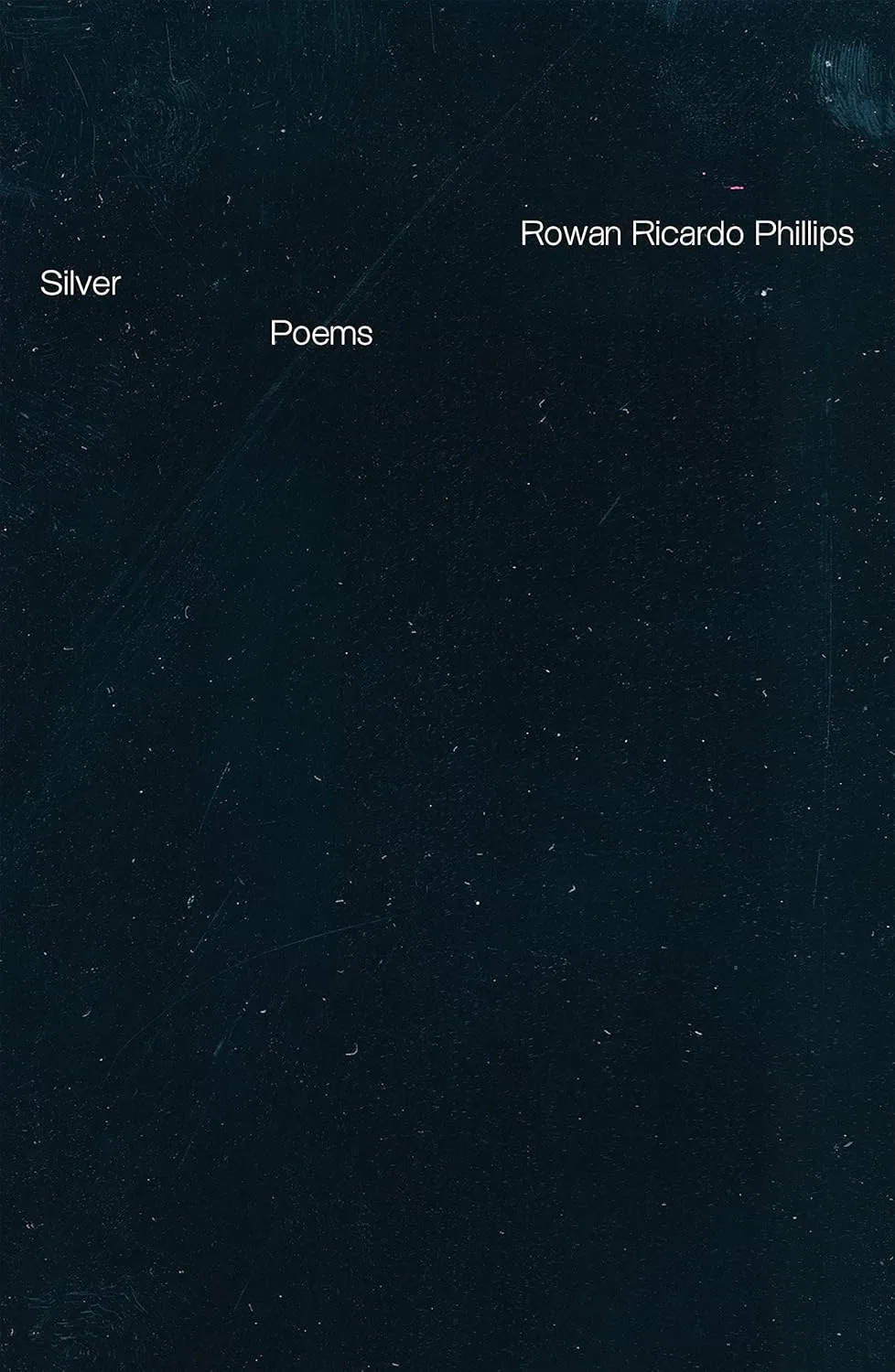
Silver: Poems by Rowan Ricardo Phillips
Luminous and rhythmically inventive, this slim collection envisions poetry as physics, faith and void merged. Phillips writes across forms — blank verse, elegy, terza rima, even rap — to explore crisis, creativity and meaning amid uncertainty. The poems are musical and erudite, emphasizing sound and pattern as philosophical vehicles. “Not the meaning, but the meaningfulness of this mystery we call life” is central to the book’s argument. Images of light, reflection and resonance recur, creating a shimmering aesthetic that contemplates being and absence. The collection affirms poetry’s power in an isolating world, inviting readers into symbolic inquiry and contemplative wonder.
